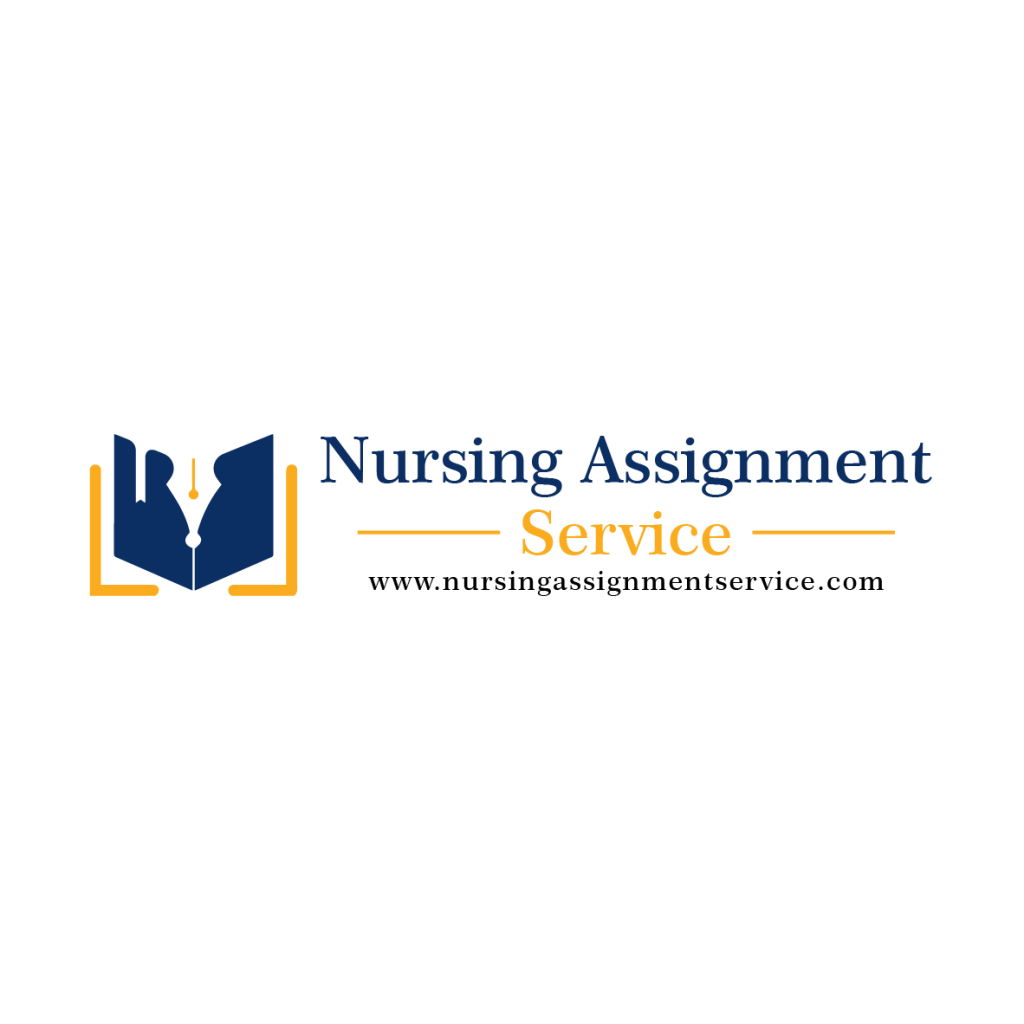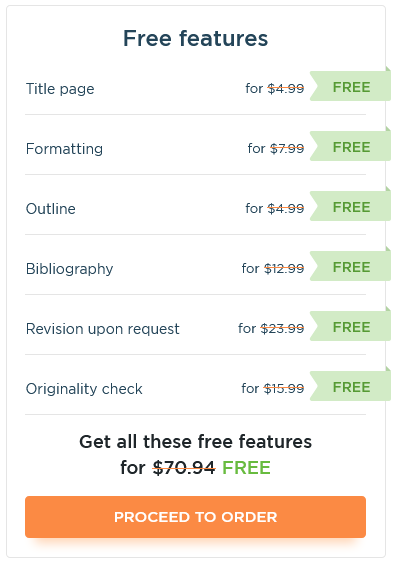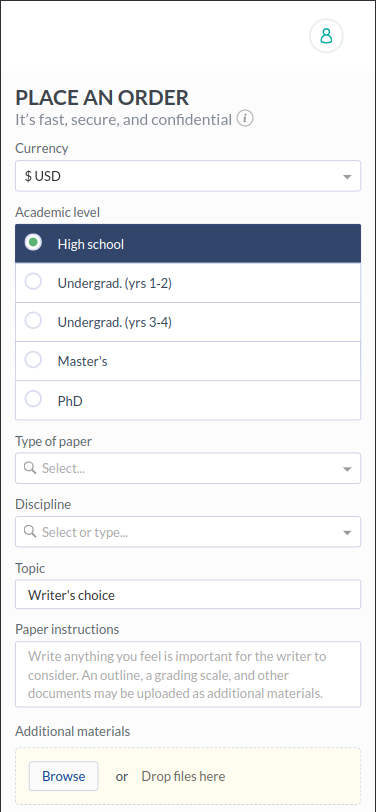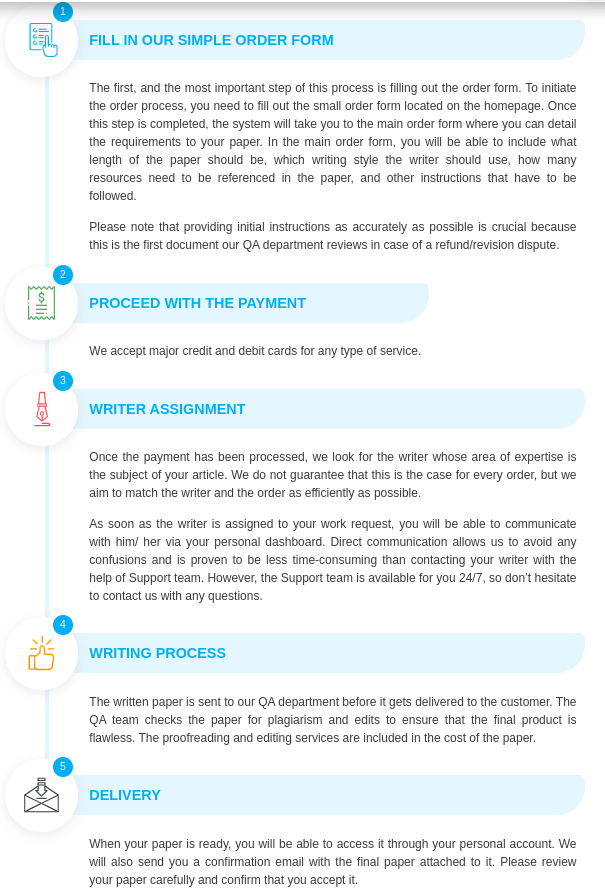NR 599 Week 2 Discussion
Pre TANIC Self-Assessment and
Reflection Post
Purpose
The self-assessment is completed using the TIGER-based Assessment of Nursing Informatics Competencies (TANIC) tool. TIGER refers to the Technology Informatics Guiding Education Reform Initiative which identified a list of the minimum informatics competencies for all nurses and students graduating from pre- and post-licensure programs. The graded self-evaluation of your informatics competencies is required in order to increase one’s own u nderstanding of competencies in nursing informatics which will enable the planning of strategies to enhance knowledge and skills.
Activity Learning Outcomes
Through this assignment, the student will demonstrate the ability to:
- Apply knowledge of nursing informatics and non-nursing science (CO 1 and 2)
- Assess nursing informatics competencies (CO2)
- Evaluate progress in enhancing nursing informatics competencies (CO4)
- Foster professional and personal development with planning strategies to enhance these competencies (CO4)
- Examine ethical decision making in relation to these competencies (CO3)
Due Date
This assignment is due no later than the Sunday, 11:59 p.m. MT at the end of Week 2.
Total Points Possible: 75
Requirements:
- In order to prepare for this assignment, read the lessons as well as the assigned readings BEFORE attempting the self-assessment.
- Please use the following hyperlink to access and complete the survey: Week 2 Pre-TANIC Self-Assessment Survey Links to an external site.
- FAILURE TO COMPLETE THE SURVEY WILL RESULT IN A GRADE OF ZERO (0) FOR THE ASSIGNMENT.
- After completing the survey, navigate to the Week 2 Module in Canvas and respond to EACH of the q uestion s for your Reflection Post.
- The Reflection Posts DOES NOT require cross-posting to a peer or faculty .
- Scholarly sources: Only scholarly sources are acceptable for citation and reference in this course. These include peer reviewed publications, government reports, or sources written by a professional or scholar in the field. Your textbook and lesson are not considered to be an outside scholarly source. For the discussions and reflection posts, reputable internet sources such as websites by government agencies (URL ends in .gov) and respected organizations (often ends in .org) can be counted as scholarly sources. The best outside scholarly source to use is a peer-reviewed nursing journal. You are encouraged to use the Chamberlain library and search one of the available data bases for a peer-reviewed journal article. The following sources should not be used: Wikipedia, Wikis, or blogs. These web sites are not considered scholarly as anyone can add to these. Please be aware that .com websites can vary in scholarship and quality. For example, the American Heart Association is a .com site with scholarship and quality. It is the responsibility of the student to determine the scholarship and quality of any .com site. Ask your instructor before using any site if you are unsure. Points will be deducted from the rubric if the site does not demonstrate scholarship or quality. Current outside scholarly sources must be published with the last 5 years. Instructor permission must be obtained BEFORE the assignment is due if using a source that is older than 5 years.
ATTENTION: Students will not receive results following completion of this survey. For the reflection questions, please recall how you rated your proficiency/competency with the skills on the survey.
*IMPORTANT* Upon completing the TANIC self-assessment survey, please TAKE A SCREENSHOT of the last page of the survey using a program such as Snipping Tool and save as a PDF or JPG and for your records. If you are unable to take a screenshot, please inform your faculty.
Reflection Questions:
Reflect upon your current or most recent clinical practice and answer the following:
- How is informatics used?
- Regarding the Pre-TANIC Self-Assessment for this week, how did your perceived competency level prior to the self-assessment compared to after the self-assessment? Explain in detail.
- What TWO competencies do you use in your current clinical role? Provide examples.
- Identify TWO resources to develop a strategic plan to enhance your competency skills.
- Which resources are suited to your needs and why?
- How do you intend to enact this improvement plan?
We use informatics in our clinical setting in a multitude of avenues for tailoring patient-specific care with the addition of evidence-based practice. It improves the delivery of care related to treatment modalities while contributing to shortening hospital stays and decreasing readmissions. In addition, using Informatics helps us to determine the best course of action for core measures and how to execute these standards into our best practice care plans. Of course, compartmentalizing these statistics is essential for future practice, but the knowledge gained has helped improve the way we care for patients, whether direct or indirect. I only thought of informatics pertaining to technology and computer-generated learning, modules, patient data, and chartings systems. Although I am well aware that informatics goes beyond that after completing the Pre-TANIC Self-assessment, I now understand that there is more to informatics than just what I vaguely knew. In my clinical setting, we use a combination of information literacy and clinical information management. Implementing Evidence-Based Practice (EBP) in nursing requires knowledge of information literacy. Nurses’ practical knowledge is improved by using EBP, resulting in improved patient outcomes, reduced risk of adverse events, and a reduced cost of patient care.
Information management techniques are applied during patient education (e.g., identifying areas to be instructed, delivering instruction, assessing outcomes, allocating resources). In addition to demonstrating psychomotor competence, computer literacy requires a solid understanding of essential hardware and software functionality; these skills are necessary for practical bedside nursing (Jouparinejad et al., 2020). A clinical decision-maker uses information management skills to support clinical documentation, integrity, confidentiality, and security. Information systems are valuable tools for enhancing patient quality, safety, and outcomes (Jouparinejad et al., 2020). A variety of knowledge can be obtained by using your nurse manager and clinical coordinator as a resource and maintaining a clear understanding of utilizing in-services provided on your unit, even if they’re optional to attend. Working in an acute care setting, the implementation of nursing informatics (NI) competency is higher, especially since the acuity of patients is higher.
Patients in acute care settings need sophisticated high-tech equipment, and specialized clinicians continuously monitor them. Therefore, these clinical settings have a greater focus on patient safety and outcomes than other specialty units. Research, educational interventions, skills labs, and modules meant to enhance nurses’ knowledge of health information technology (HIT) are necessary to strengthen my professional development. Attending meetings for my unit and at my hospital, in general, can also help me voice any concerns and develop room for improvement, especially if it is an issue that impedes patient care. Enacting times that make attending meetings fair for all shifts, many night shift employees miss out on various meetings and skill competency labs due to the unacceptable times to attend. This in turn will render all faculty to be compliant and therefore have the resources readily available to them without any partiality. Being a well-competent and efficient nurse in providing patient-centered evidence-based care is essential for these factors, to enhance safety, improve quality, and lower healthcare costs.
References:
Jouparinejad, S., Foroughameri, G., Khajouei, R., & Farokhzadian, J. (2020). Improving the informatics competency of critical care nurses: Results of an interventional study in the southeast of Iran. https://doi.org/10.21203/rs.2.17367/v3
Shamsaee, M., Mangolian Shahrbabaki, P., Ahmadian, L., Farokhzadian, J., & Fatehi, F.
(2021). Assessing the effect of virtual education on information literacy competency for evidence-based practice among the undergraduate nursing students. BMC Medical Informatics and Decision Making, 21(1). https://doi.org/10.1186/s12911-021-01418-9
Our team of expert nursing writers at Nursing Assignment Service can help you with your NR 599 Week 2 Discussion, place your order here.




